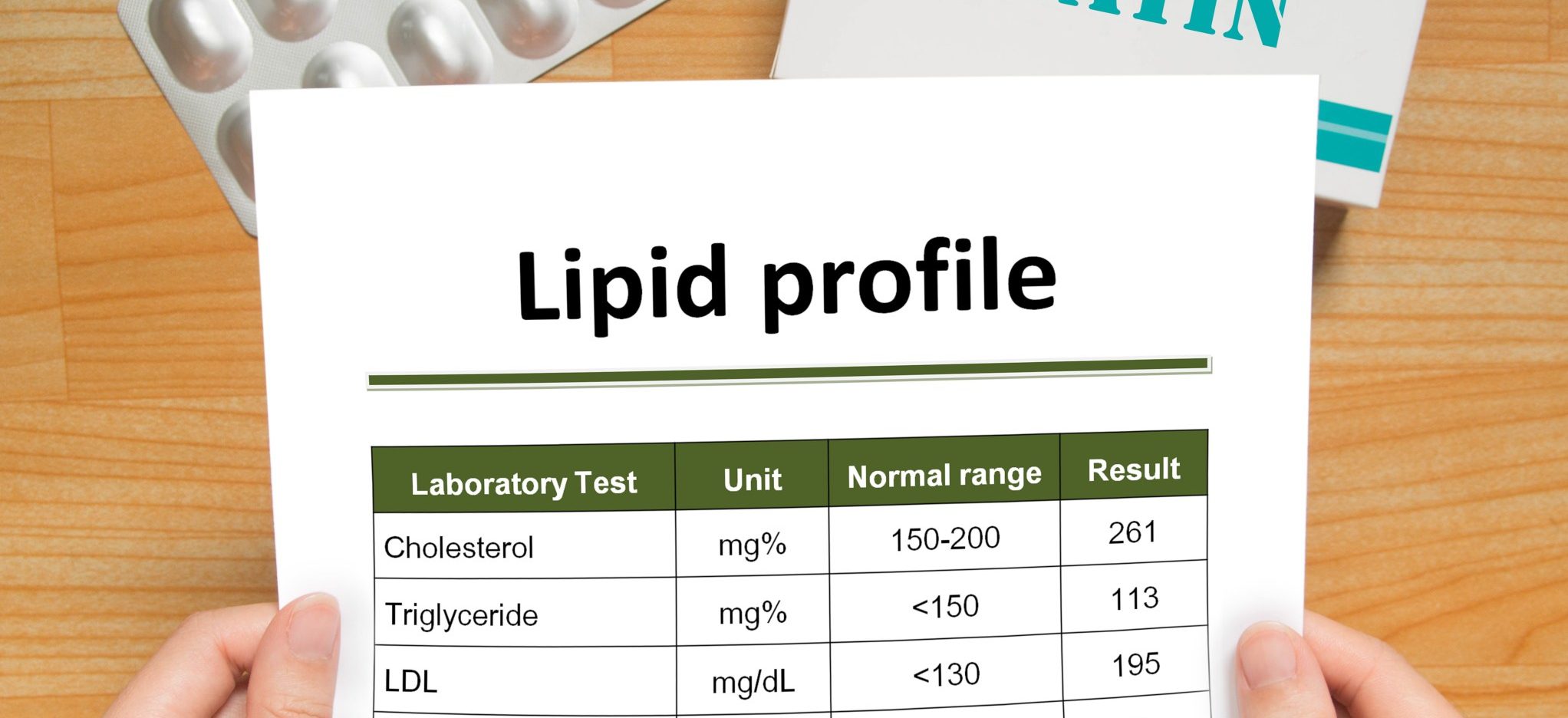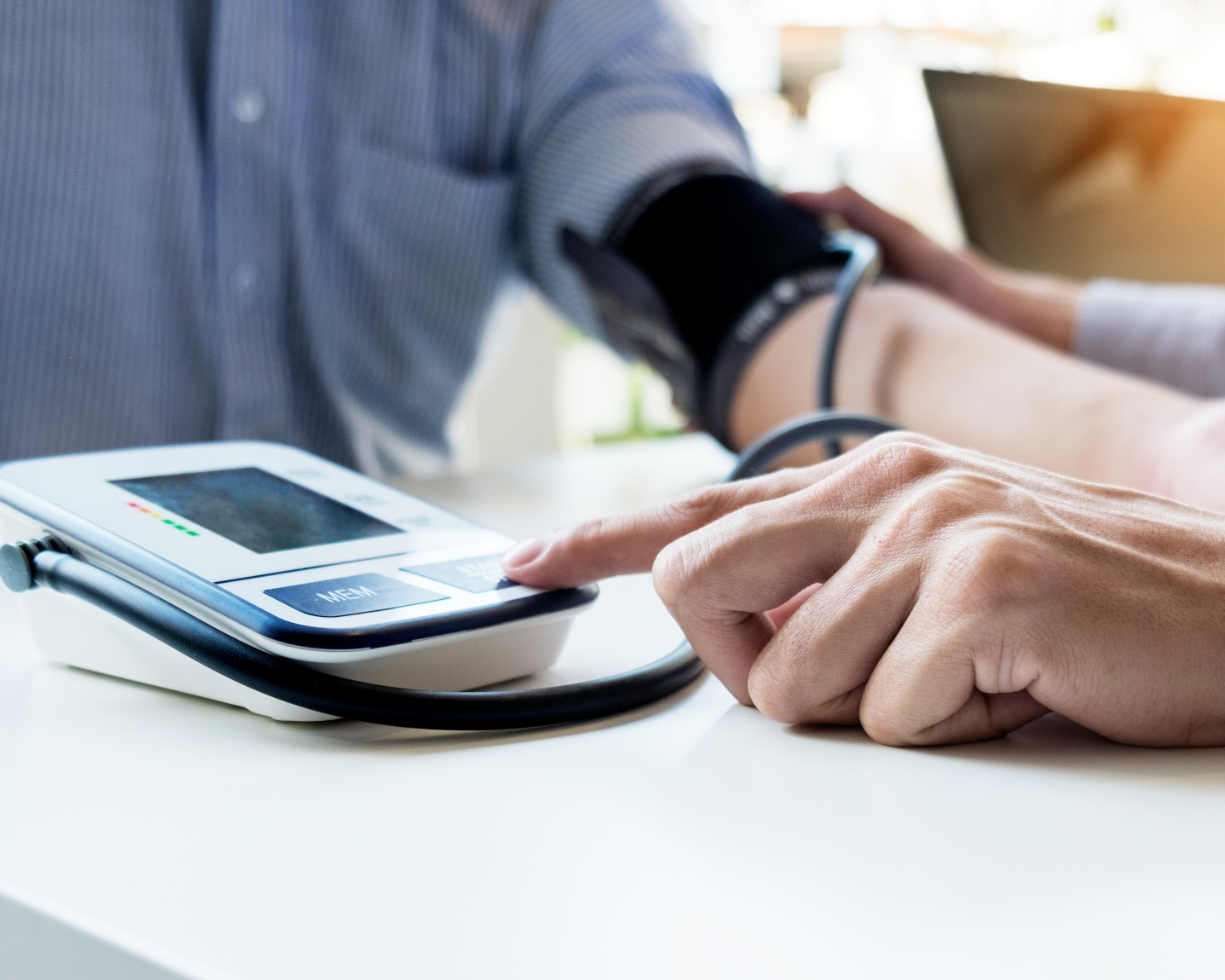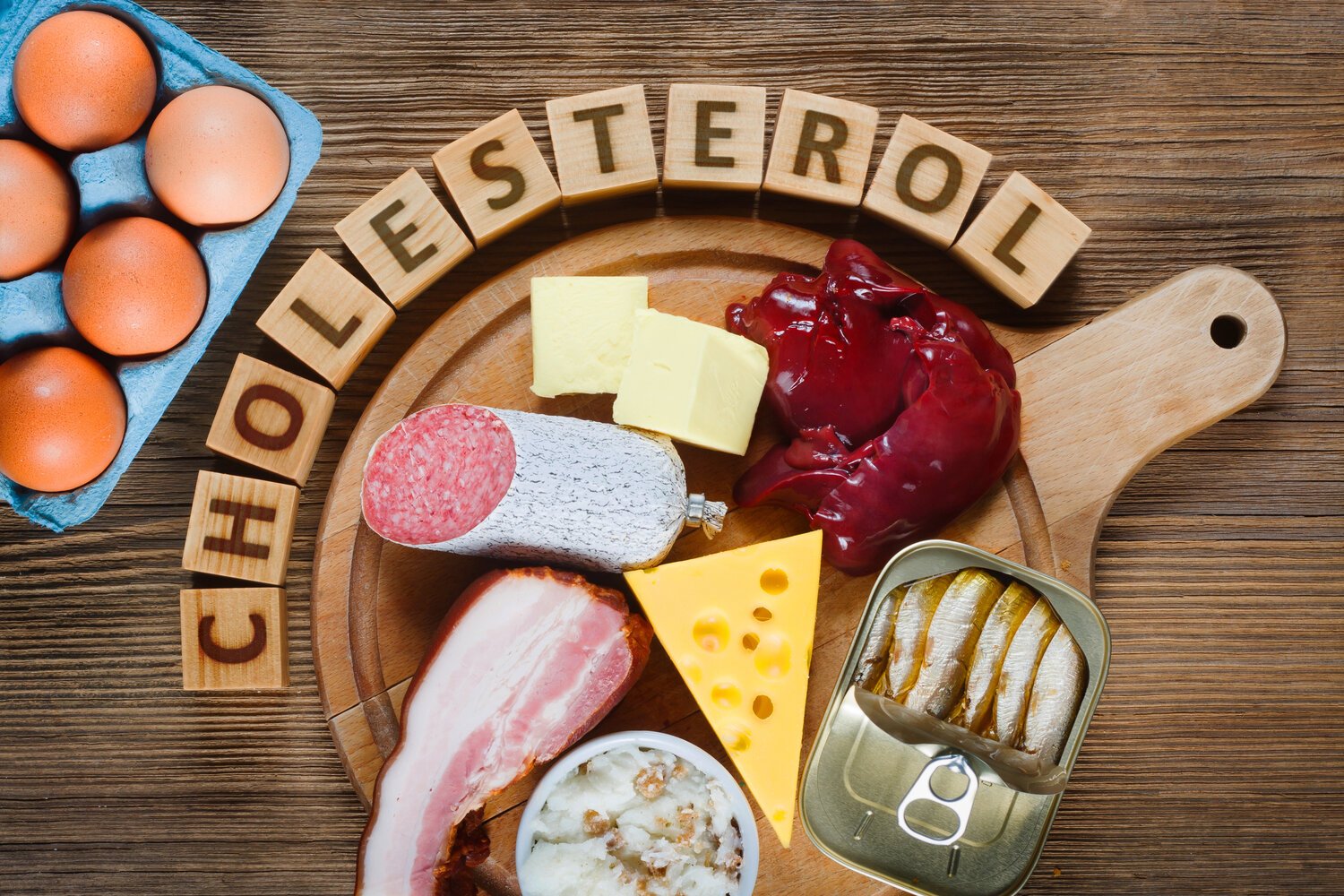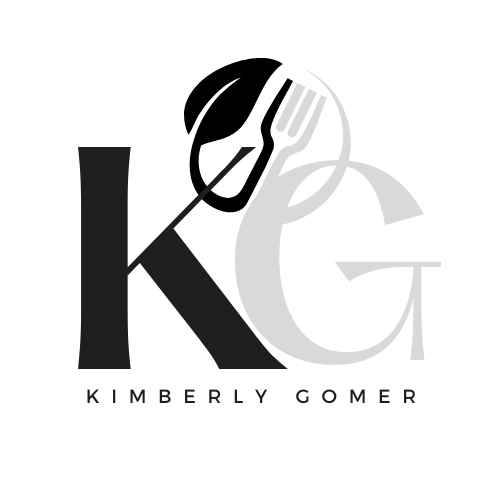High Cholesterol

High Cholesterol
If you have been diagnosed with high cholesterol, it is probable that your doctor has either offered or written a prescription for a statin medication. The problem is that this standard of care is outdated. What you need to know is how to understand your labs and what those labs really mean so that you can be an educated consumer. It is critical that you are aware of the risks and potential side effects of taking a cholesterol lowering medication.
Diet and Cholesterol
Hypertension -High Blood Pressure

Most of my clients coming to me with help for their blood pressure are at a point where they are on several medications to reduce their blood pressure but are either having side effects from the medications or the medications are not bringing their pressure to a healthy level.
There are ways to lower blood pressure naturally. One of the most significant reasons for high blood pressure is high insulin. That is why I see many of my clients with diabetes who have hypertension and are also on blood pressure medicine. Elevated insulin results in the body holding onto more water which causes intravascular volume which elevates blood pressure.
Navigating the Maze of High Cholesterol: Understanding, Prevention, and Management
High cholesterol, often referred to as a “silent killer,” quietly creeps into the lives of millions worldwide, posing a significant risk to cardiovascular health. While it doesn’t exhibit overt symptoms, the consequences of unmanaged high cholesterol can be severe. This article delves into the essentials of high cholesterol, its causes, preventive measures, and effective management strategies.
Understanding High Cholesterol Causes and Risk Factors
High cholesterol can stem from various factors, including genetics, diet, lifestyle, and underlying medical conditions. Consuming diets rich in saturated and trans fats, leading a sedentary lifestyle, smoking, and being overweight are common contributors to elevated cholesterol levels. Genetics also play a role, as some individuals are genetically predisposed to higher cholesterol levels.
Preventive Measures
Preventing high cholesterol begins with adopting a heart-healthy lifestyle. Incorporating a diet rich in whole grains, fruits, vegetables, lean proteins, and healthy fats can help manage cholesterol levels. Regular physical activity, maintaining a healthy weight, and quitting smoking are also crucial. Limiting saturated and trans fats found in fried and processed foods is essential to prevent cholesterol buildup.
Effective Management
For individuals already diagnosed with high cholesterol, management is key to reducing cardiovascular risks. Lifestyle modifications, such as dietary changes and exercise, are often the first line of defense. In cases where lifestyle changes are insufficient, doctors may prescribe cholesterol-lowering medications, such as statins, to help regulate cholesterol levels. Regular medical check-ups and screenings are essential to monitor progress and adjust treatments if necessary.
Raising Awareness
Raising awareness about high cholesterol and its associated risks is essential to combat this widespread health concern. Educational campaigns, healthcare provider discussions, and community initiatives can help individuals understand their risk factors and take proactive steps toward prevention and management.
High cholesterol remains a significant health challenge with far-reaching implications for cardiovascular health. Armed with knowledge about its causes, prevention, and management, individuals can make informed choices to safeguard their well-being. By adopting heart-healthy lifestyles, seeking medical guidance, and staying vigilant, we can collectively work to lower the prevalence of high cholesterol and its potentially devastating consequences.
Decoding the Silent Threat
Recognizing the Symptoms of High Cholesterol
High cholesterol is often referred to as a “silent killer” due to its ability to silently wreak havoc on our cardiovascular system. While it might not exhibit overt symptoms in its early stages, unmanaged high cholesterol can lead to serious health complications. Understanding the signs and symptoms of high cholesterol is crucial for early detection and effective preventive measures.
The Hidden Danger
 Cholesterol is an essential fat that plays a vital role in various bodily functions. However, an excess of cholesterol in the blood can lead to the formation of fatty deposits in arteries, potentially obstructing blood flow and raising the risk of heart disease and stroke. Recognizing the symptoms of high cholesterol can provide a valuable window of opportunity for timely intervention.
Cholesterol is an essential fat that plays a vital role in various bodily functions. However, an excess of cholesterol in the blood can lead to the formation of fatty deposits in arteries, potentially obstructing blood flow and raising the risk of heart disease and stroke. Recognizing the symptoms of high cholesterol can provide a valuable window of opportunity for timely intervention.
Subtle Indicators
Unlike many health conditions that manifest with noticeable symptoms, high cholesterol typically operates below the surface, without causing immediate discomfort. However, there are a few subtle indicators that might suggest the need for cholesterol level assessment:
- Xanthomas: These are fatty deposits that accumulate beneath the skin, often around the eyes, elbows, or knees. These small, yellowish bumps can serve as a potential sign of high cholesterol levels.
- Arcus Senilis: A white or grayish ring that appears around the outer part of the cornea can be an indication of elevated cholesterol levels, especially in individuals below 45 years of age.
- Angina and Chest Pain: High cholesterol can lead to the buildup of plaque in arteries, which can reduce blood flow to the heart. This may result in angina—chest pain or discomfort that occurs when the heart doesn’t receive sufficient oxygen-rich blood.
Silent but Not Incurable
While the symptoms of high cholesterol might not be as obvious as other health issues, this doesn’t mean it’s an insurmountable challenge. Regular health check-ups, including cholesterol level screenings, are essential for early detection. Additionally, understanding your risk factors—such as genetics, diet, and lifestyle—can help you take proactive steps toward maintaining healthy cholesterol levels.
Prevention and Management
Preventing high cholesterol begins with a heart-healthy lifestyle. Adopting a diet rich in whole grains, fruits, vegetables, and lean proteins, while minimizing saturated and trans fats, can help manage cholesterol levels. Engaging in regular physical activity, maintaining a healthy weight, and avoiding smoking are equally important.
Recognizing the symptoms of high cholesterol might not be straightforward, but it’s a critical step in maintaining your cardiovascular health. While the condition often operates beneath the surface, its impact can be far-reaching if left unchecked. By staying vigilant, understanding your risk factors, and prioritizing heart-healthy habits, you can take control of your cholesterol levels and reduce the risks associated with this silent threat. Remember, knowledge is the first line of defense in the battle against high cholesterol.
Tailoring Health
How a Custom Diet from a Dietician Can Combat High Cholesterol
In the battle against high cholesterol, the adage “one size fits all” doesn’t hold true. Each individual’s body and dietary needs are unique, making a personalized approach essential for effective management. A custom diet crafted by a registered dietitian can prove to be a powerful tool in lowering cholesterol levels and safeguarding cardiovascular health.
Understanding High Cholesterol
 High cholesterol poses a significant risk to heart health. It’s the accumulation of excess cholesterol in the blood that can lead to the formation of arterial plaques, potentially restricting blood flow and increasing the risk of heart disease and stroke. While genetics play a role, lifestyle factors such as diet, exercise, and weight management also influence cholesterol levels.
High cholesterol poses a significant risk to heart health. It’s the accumulation of excess cholesterol in the blood that can lead to the formation of arterial plaques, potentially restricting blood flow and increasing the risk of heart disease and stroke. While genetics play a role, lifestyle factors such as diet, exercise, and weight management also influence cholesterol levels.
The Role of a Registered Dietitian
A registered dietitian (RD) is a trained professional who possesses expertise in nutrition and its impact on health. Working closely with an RD offers personalized guidance to address dietary habits and make positive changes. When combating high cholesterol, an RD can play a pivotal role in formulating a custom diet that aligns with an individual’s unique needs and goals.
Tailoring the Diet for High Cholesterol
A custom diet designed by an RD for managing high cholesterol takes various factors into account:
- Cholesterol-Lowering Foods: An RD identifies foods rich in soluble fiber, such as oats, beans, and fruits, which help lower “bad” LDL cholesterol levels.
- Healthy Fats: The right balance of healthy fats, such as those found in avocados, nuts, and olive oil, can help raise “good” HDL cholesterol levels while lowering “bad” cholesterol.
- Lean Proteins: Incorporating lean proteins like fish, poultry, and legumes in place of red meat can contribute to cholesterol management.
- Portion Control: An RD provides portion guidance to prevent overeating, helping in weight management and controlling cholesterol levels.
- Minimizing Saturated and Trans Fats: By avoiding processed foods, fried items, and baked goods containing trans fats, an RD helps reduce cholesterol-raising dietary components.
Monitoring and Adjustments
An RD’s involvement doesn’t end with crafting a custom diet. Regular follow-up sessions allow for monitoring progress and making necessary adjustments. This ongoing support ensures that the dietary plan remains effective and sustainable over time.
The Empowerment of Knowledge
Education is a significant component of an RD’s approach. Understanding the relationship between diet, cholesterol levels, and cardiovascular health empowers individuals to make informed choices beyond the scope of the personalized diet plan.
A custom diet from a registered dietitian offers a targeted and personalized strategy for tackling high cholesterol. By considering an individual’s unique dietary preferences, needs, and health goals, an RD crafts a plan that empowers individuals to take control of their cholesterol levels and overall well-being. With the guidance of a skilled RD, the journey towards a heart-healthy lifestyle becomes not just achievable but sustainable, ensuring a stronger defense against the risks associated with high cholesterol.
“Diets don’t work. You should never be hungry.”
Common Questions
I would advise you to ask your doctor to explain the risks of the medication he or she is prescribing. The point is that as a patient, your doctor should take the time to explain the risks and benefits of cholesterol lowering medication so that you can make an educated choice.
Total Cholesterol does can be a good thing! The total cholesterol is made up of different parts with one of them being HDL. HDL is the good, healthy, protective cholesterol. So we want that to go up!
Many of my clients have been able to completely get off of their medications or significantly reduce them. However, in some cases, blood pressure medications may still be needed to maintain optimal health.
It is important to understand the connection between blood pressure and insulin resistance. Once insulin resistance is lowered, the inflammation that accompanies it is lowered, and blood pressure improves.
Stress is another factor in blood pressure – both emotional stress and the stress of lack of quality sleep and/or sleep apnea.
